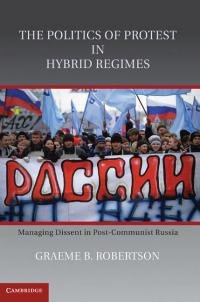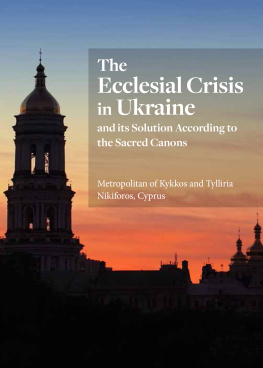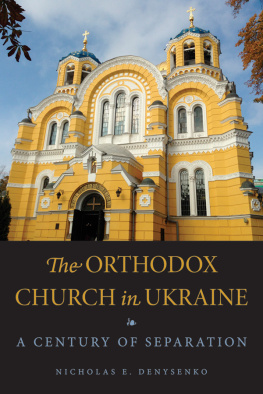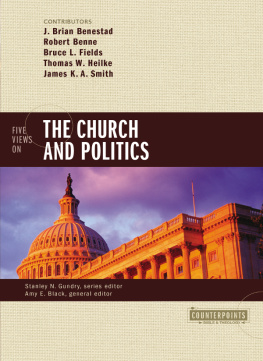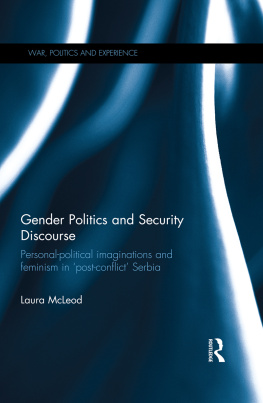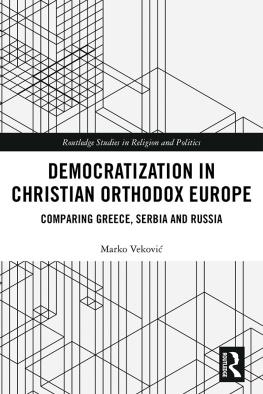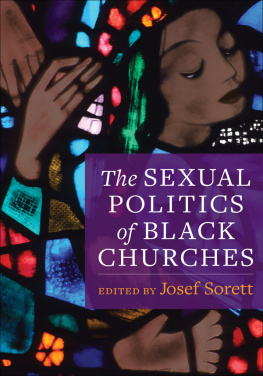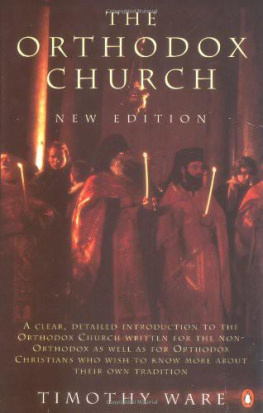Orthodox Christianity and the Politics of Transition
This book discusses in detail how Orthodox Christianity was involved in and influenced political transition in Ukraine, Serbia, and Georgia after the collapse of communism. Based on original research, including extensive interviews with clergy and parishioners as well as historical, legal, and policy analysis, the book argues that the nature of the involvement of churches in post-communist politics depended on whether the interests of the church (for example, in education, the legal system or economic activity) were accommodated or threatened: if accommodated, churches confined themselves to the sacred domain; if threatened, they engaged in daily politics. If churches competed with each other for organizational interests, they evoked the support of nationalism while remaining within the religious domain.
Tornike Metreveli is International Postdoctoral Fellow and Lecturer at the University of St. Gallen, Switzerland.
Routledge Religion, Society and Government in Eastern Europe and the Former Soviet States
Series Editor
Lucian Leustean is Reader in Politics and International
Relations at Aston University, Birmingham, United Kingdom.
This Series seeks to publish high quality monographs and edited volumes on religion, society and government in Eastern Europe and the former Soviet States by focusing primarily on three main themes: the history of churches and religions (including, but not exclusively, Christianity, Islam, Judaism and Buddhism) in relation to governing structures, social groupings and political power; the impact of intellectual ideas on religious structures and values; and the role of religions and faith-based communities in fostering national identities from the nineteenth century until today.
The Series aims to advance the latest research on these themes by exploring the multi-facets of religious mobilisation at local, national and supranational levels. It particularly welcomes studies which offer an interdisciplinary approach by drawing on the fields of history, politics, international relations, religious studies, theology, law, sociology and anthropology.
- 11 Orthodox Revivalism in Russia
Driving Forces and Moral Quests
Milena Benovska - 12 The Albanian Orthodox Church
A Political History, 18781945
Ardit Bido - 13 Orthodox Christianity and the Politics of Transition
Ukraine, Serbia and Georgia
Tornike Metreveli - 14 Religion and Politics in Contemporary Russia
Beyond the Binary of Power and Authority
Tobias Kllner
For more information about this series, please visit: www.routledge.com/RoutledgeReligion-Society-and-Government-in-Eastern-Europe-and-the-Former-Soviet-States/book-series/CAV5
Orthodox Christianity and the Politics of Transition
Ukraine, Serbia and Georgia
TornikeMetreveli
First published 2021
by Routledge
2 Park Square, Milton Park, Abingdon, Oxon OX14 4RN
and by Routledge
52 Vanderbilt Avenue, New York, NY 10017
Routledge is an imprint of the Taylor & Francis Group, an informa business
2021 Tornike Metreveli
The right of Tornike Metreveli to be identified as author of this work has been asserted by him in accordance with sections 77 and 78 of the Copyright, Designs and Patents Act 1988.
All rights reserved. No part of this book may be reprinted or reproduced or utilised in any form or by any electronic, mechanical, or other means, now known or hereafter invented, including photocopying and recording, or in any information storage or retrieval system, without permission in writing from the publishers.
Trademark notice: Product or corporate names may be trademarks or registered trademarks, and are used only for identification and explanation without intent to infringe.
British Library Cataloguing-in-Publication Data
A catalogue record for this book is available from the British Library
Library of Congress Cataloging-in-Publication Data
A catalog record for this book has been requested
ISBN: 978-0-367-42007-9 (hbk)
ISBN: 978-0-367-81732-9 (ebk)
Typeset in Times New Roman
by Apex CoVantage, LLC
to Pia
Contents
- PART I
Churches and political traditions: historical contexts and legacies - PART II
Churches and political operations: institutional and grassroots accounts
- PART I
Churches and political traditions: historical contexts and legacies - PART II
Churches and political operations: institutional and grassroots accounts
Guide
I am thankful to the many people and organizations who supported me in the making of this book. I am forever indebted to my mother Juli and aunt Jano, the two surviving members of my family, who, together with me, went through the war in Abkhazia, captivity in our home, and miraculous escape, and later deportation sagas between different refugee camps during Georgias tremulous political past. The lesson to remain humane despite the miseries and tragedies of life is priceless. This book would not have been written without my dear wife, Ani, who empowered me immensely with her support and tacit comments on drafts, who showed tremendous stamina, and who kindly accepted the commitments and sacrifices that this research required.
This book benefited immensely from the comments of my PhD supervisor, Professor Christian Joppke, whose razor-sharp remarks on various drafts of this book were stimulating wake-up calls. At the same time, opportunities to present my work at his colloquium series in Bern were critical at the early stage of this intellectual journey. The support of Professor Ulrich Schmid at the University of St. Gallen was second to none. Beyond being an incredible host during my postdoc at the University of St. Gallen, informal discussions with Ulrich about the intellectual history of Ukraine and complex political interdependencies triggered various questions that set a good ground for this comparative study.
I am thankful to various institutions, without which conducting various stages of research for this book would be impossible. The support of the Swiss Governments Excellence Scholarship scheme throughout my PhD studies and the Swiss National Science Foundations Mobility Fellowship to Harvard University were pivotal in this regard. I am thankful to the Davis Center at Harvard University and Harvards Ukrainian Research Institute for giving me numerous opportunities to engage in intellectual life at Harvard fully. The generous support of the Center for Governance and Culture in Europe at the University of St. Gallen during my fieldwork in Ukraine and after it, as well their exciting events on various topics related to Ukraine, made the Ukrainian dimension of this book possible.
I remain thankful to friends and colleagues in Ukraine, Serbia, and Georgia: Nemanja, Stefan, Tetiana, and Julia, without whom my field research would not have been as thoroughly planned and conducted.


